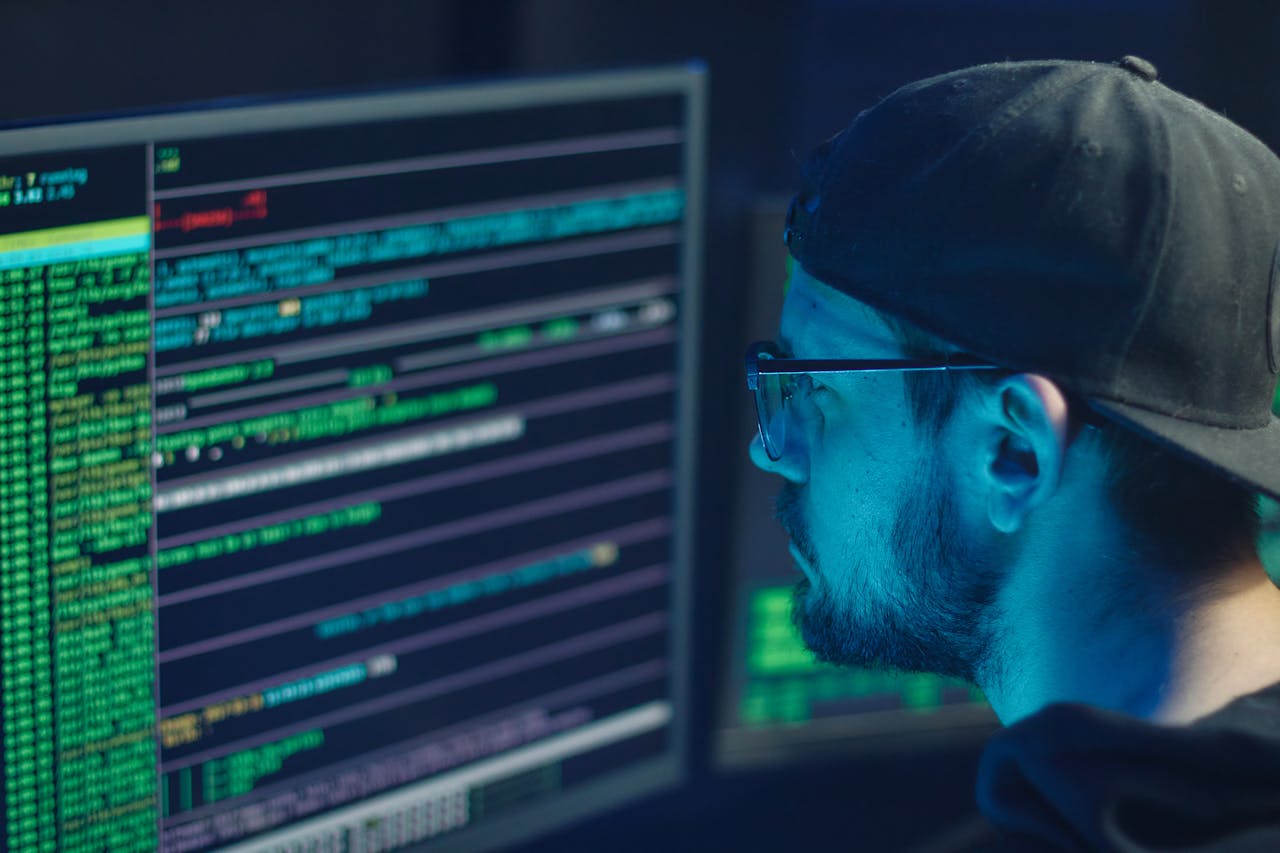Crypto has changed the way people invest, trade, and move money. It’s fast, digital, and borderless. But those same qualities also make it attractive to scammers.
Fraud in the crypto space isn’t just a personal issue—it’s become a real concern for law firms, financial investigators, and businesses trying to protect their assets.
The good news? Legal teams are starting to catch up. And tech is playing a big role in that shift.
Why Traditional Methods Don’t Work Anymore
Let’s be real—tracking stolen crypto isn’t like dealing with a stolen credit card or a hacked bank account. The blockchain is public, but it’s not always easy to read. Funds can move in seconds, pass through dozens of wallets, or end up on unregulated platforms.
Calling the bank? Filing a standard fraud report? That’s not going to cut it anymore.
Legal professionals now need tools built for the digital world they’re working in.
Blockchain Forensics Is Changing the Game
One of the biggest tech boosts in legal work right now? Blockchain analysis.
Firms are using tools that can trace cryptocurrency transactions in real time. These platforms follow the flow of funds from one wallet to the next—even through mixers or privacy coins in some cases.
What used to be impossible to track is now becoming visible, step by step.
And that’s a big deal. Once you can track the money, you can start figuring out who moved it or where it landed.
AI and Pattern Detection Are Helping Spot Red Flags Early
Some legal teams are starting to use machine learning tools that detect suspicious activity. These systems learn from past scams, scan transaction behavior, and alert teams to signs that something’s off, before a client reports a loss.
This helps lawyers act faster. Instead of reacting after the damage is done, they can start investigating the moment something looks off.
It’s not perfect, but it’s a big step up from waiting for a call from a panicked client.
Case Management Is Getting Smarter, Too
It’s not just about tracing crypto. It’s also about making a case that can be acted on.
New legal tech makes it easier to organize evidence, track timelines, and collaborate with analysts or law enforcement. These tools speed up what used to be a painfully slow process and help attorneys stay focused on what matters most: recovering assets and protecting clients.
Collaboration Across Borders
Crypto crime doesn’t stop at national borders, so legal teams can’t either. Luckily, cloud-based systems and secure digital tools are making it easier for lawyers to work with international partners.
Whether it’s sharing wallet data, working with investigators in other countries, or handling cases that cross borders, technology is helping legal teams move faster and stay connected, even across time zones.
Final Thought
Technology isn’t just useful in crypto law, it’s essential. The people running scams are quick, well-connected, and counting on everyone else to stay behind.
But that gap is closing. With the right tools and a clear plan, legal teams can move faster, find better information, and improve the odds of getting something back.
When you match digital crime with digital solutions, the odds of recovery start to look a lot better.




